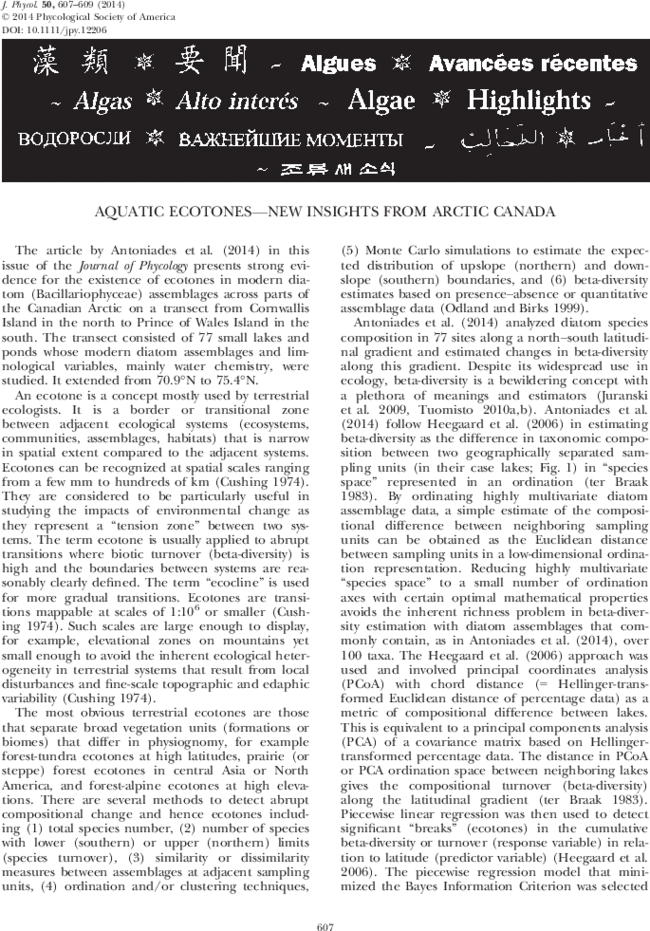
As usual, current subscribers may send work via Submittable with no fee. From January 26 to February 2, 2022, we will be open to general submissions, via post and Submittable. What is the ocean in your town, in your home?įrom January 20 to 25, 2022, Ecotone will be open to no-fee Submittable submissions from BIPOC writers only. Show us oceans of time, oceans of land, of debt, money, fear, love, delight.

In addition to interactions with the literal ocean, we’re interested in personal oceans-the vast expanses within each of us. Explore the loneliness of being lost at sea, the pull of the tide, the wonder of the animals and plants who live their lives beneath the surface, the myths people have made about the sea.īoth explicit and subtle explorations of the theme are welcome, and as ever, we are open to a broad range of interpretations. Send us work about swimming and not swimming about access to beaches-who has it, who doesn’t about sand and how it’s made and moves inland oceans oceans in literature messing about in boats. Send writing that engages with marine science, and with geology, as in Kathryn Miles’s essay “ Mapping the Bottom of the World,” from Ecotone 20. We’d like to read stories, essays, and poems that address the crises ocean ecosystems face, and that see and celebrate the ocean’s mystery and beauty, past and present. What do the oceans tell us? How are they changing in response to human impact: climate crisis, overfishing, pollution scientific research, care-taking, mutual coexistence? What has been lost or destroyed? What persists or flourishes? How have humans interacted with the ocean, understood or misunderstood it, and how might we reimagine those relationships and understandings?įor Ecotone’s fall/winter 2022 issue, from our home here at the edge of the Atlantic Ocean, we seek work on the theme of the ocean, and not just the one we’re closest to. We like to see fiction that is deeply rooted in place, and/or that engages with the sciences, as well. Prose: We are particularly interested in nonfiction that engages deeply, and personally, with the natural and social sciences-ecology, natural history, sociology, and other fields, in both Western and non-Western contexts. Work that employs meters other than iambic is also especially encouraged. Poetry: In addition to the above, the editors are particularly interested in seeing work in various of the French repeating forms-rondeaux, rondelets, ballades, and the like. Please see our guidelines for more detail. Work submitted to Ecotone is considered for all upcoming issues, unthemed and themed. We have an ongoing interest in work that considers the climate crisis. Ecotone 35: The Labor Issueįor this unthemed issue, the editors seek poetry, stories, and essays that engage with place in nuanced ways.

We encourage writers to pick up a recent issue of Ecotone to get a sense of what we do. Please review our complete submission guidelines before sending work.

Thanks for your interest in Ecotone! We consider all work sent to the magazine for all upcoming issues, both unthemed and themed.


 0 kommentar(er)
0 kommentar(er)
